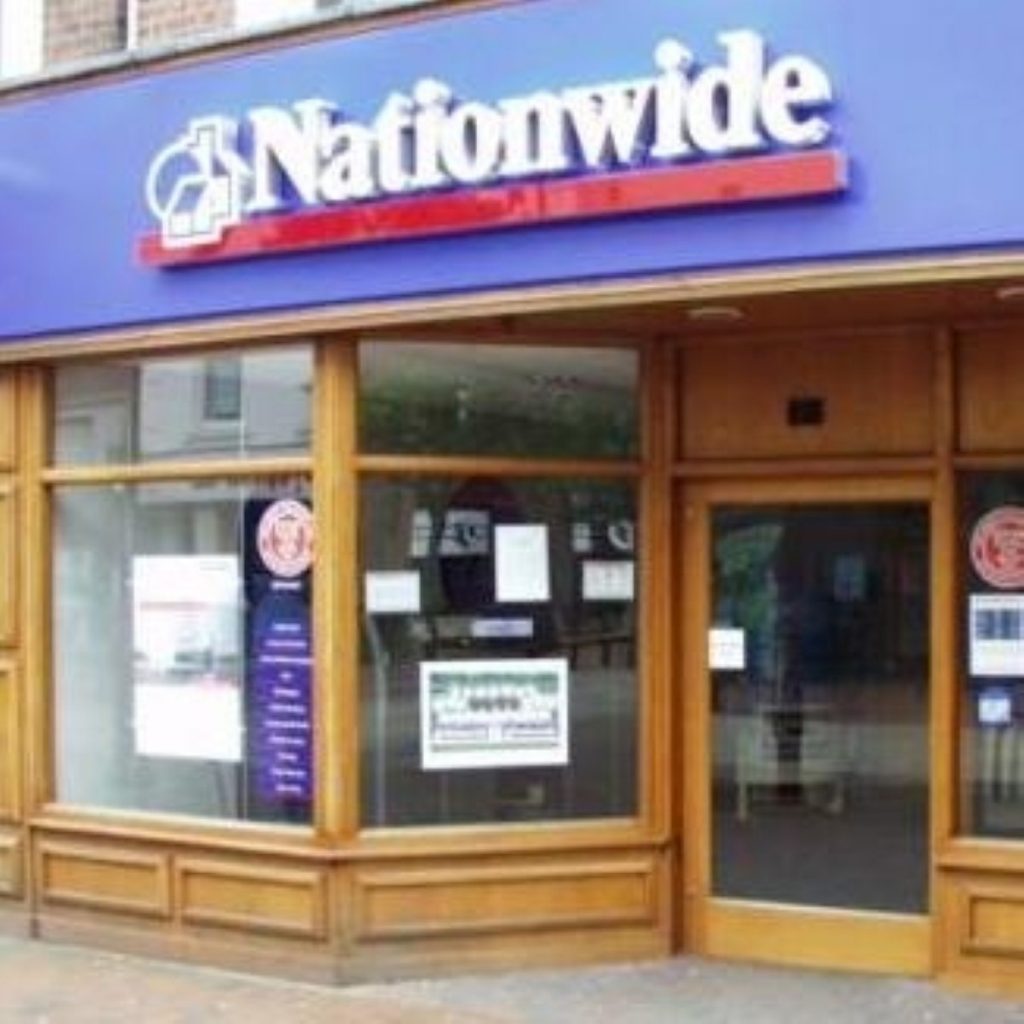House prices growing at ‘steady pace’
House prices have continued to rise at a steady pace but the number of first time buyers entering the market has fallen to its lowest level in 20 years, according to the latest survey.
The Nationwide building society reported that house prices in the UK rose by 1% in July compared to 0.9% in June. However, the annual rate of growth has fallen from 19.2% in June to 17.9% in July.
The Nationwide has continued to see a north/south split in house price growth. Prices are growing at their fastest in the North and Yorkshire & Humberside whilst prices in London and its immediate commuter belt remains lower. The building society claimed that house price falls reflected certain parts and sectors of the market rather than a generalised trend across the housing market.
The Nationwide believes that the market will continue to slow as the year progresses because of weakening pay and job prospects. The number of first time buyers entering the market, who drive demand, are likely to fall to their lowest levels for 20 years – put off by the need for a large deposit.


However, Alex Bannister, Nationwide’s Group Economist argued that the fall in first time buyers is being offset by the high levels of trading by existing homeowners.
Mr Bannister maintained that the recent 0.25% cut in interest rates would not significantly boost the housing market because of the weakening job prospects.
He said, “Given the current level of interest rates and the availability of attractive mortgage products, further reductions will probably have little impact on demand and house prices. The generally high level of house prices, deposit requirements and some employment uncertainty are combining to dampen house purchase activity particularly from first-time buyers. Nevertheless, although there is every indication that the housing market is slowing without major problems, the current rate of house price growth remains strong and the likelihood of house price inflation in 2003 being lower than 10% has reduced.”
Mr Bannister continued by saying that any further interest rate cut would signal a worsening in the general economy and would not lead to a sharp rise in house prices because their dampening effect would be stronger than a rate cut.
The Nationwide’s survey contradicts that of the property website, Hometrack, who yesterday reported a second consecutive month of house price stagnation. Hometrack saw a similar split in north/south house prices, but the fall in London and the Southeast dragged the overall inflation figure to 0.1% for July.












